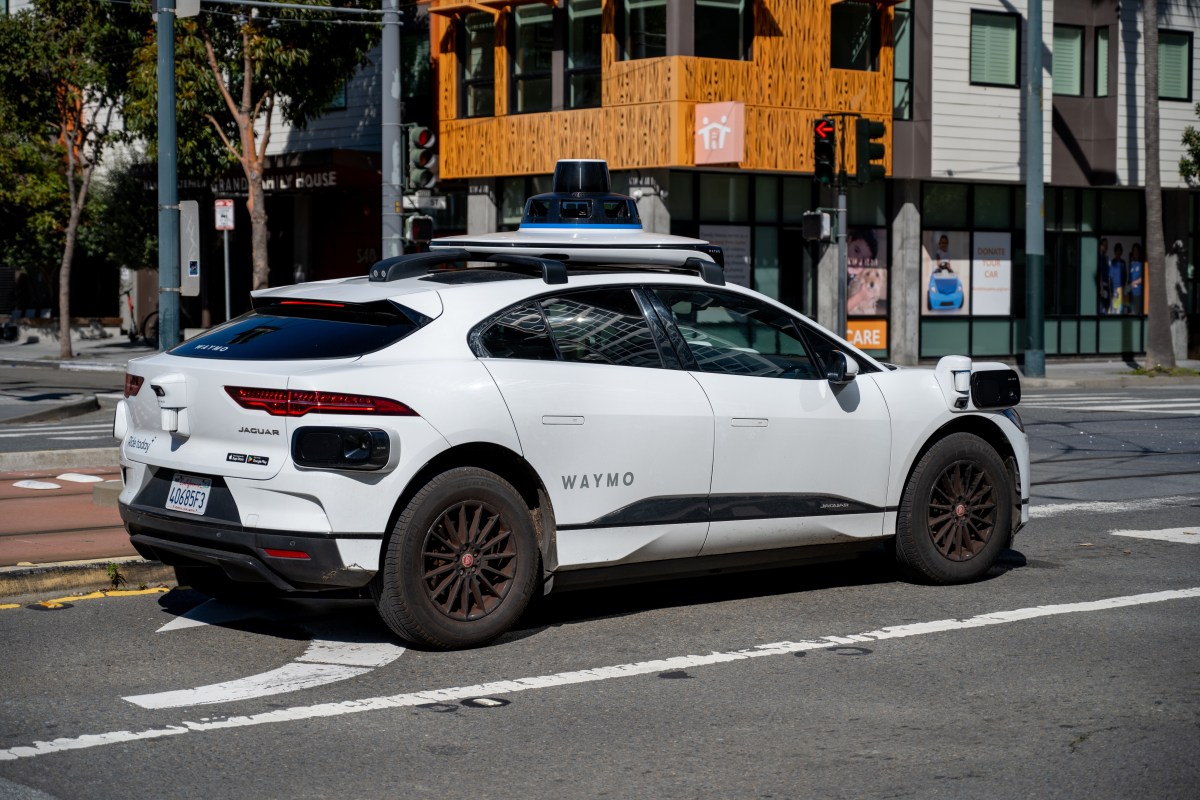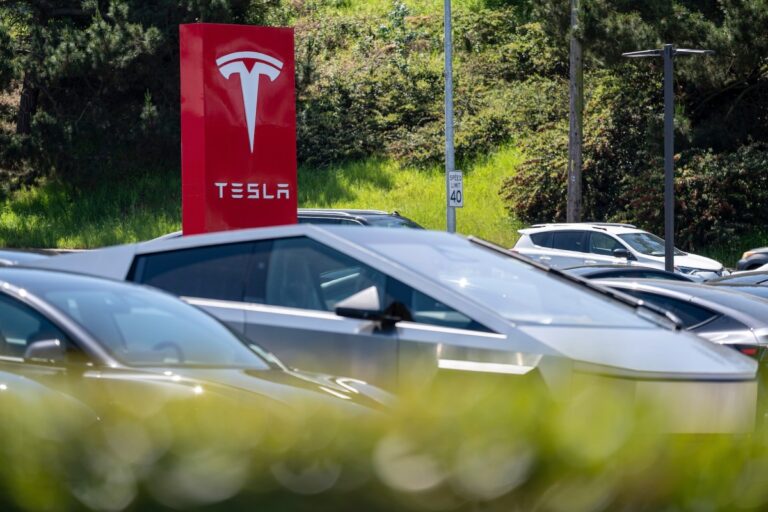Waymo Leverages Interior Camera Data to Train Generative AI Models and Boost Advertising Revenue
Waymo, a leader in autonomous vehicle technology, is set to leverage data from its robotaxis, including interior camera footage linked to rider identities, to train generative AI models. This initiative raises significant questions regarding the privacy and usage of rider data in the evolving landscape of autonomous transportation.
Waymo’s Generative AI Strategy
Recent insights from a draft version of Waymo’s privacy policy, uncovered by researcher Jane Manchun Wong, indicate that the company may utilize interior camera data for AI training purposes. This move could enable more personalized advertising, igniting discussions around the implications of using rider behavior data.
Data Usage and Privacy Concerns
The unreleased privacy policy articulates that:
- Data Sharing: Waymo may share user data to enhance its services and tailor advertisements to user interests.
- Opt-Out Options: Riders can choose not to share their personal information, which includes the data collected from interior cameras.
According to the policy, “You can opt out of sharing your information with third parties, unless it’s necessary for the functioning of the service.” This highlights a balance between user privacy and the operational needs of Waymo’s services.
Uncertainty Around Data Types
While the policy hints at the potential uses of interior camera data, it remains unclear what specific types of information are being collected. Questions arise about whether this data includes:
- Facial expressions
- Body language
- Other behavioral indicators
Furthermore, it is uncertain whether Waymo will conduct in-house training for its AI models or collaborate with other Alphabet entities, such as DeepMind or Google AI.
Waymo’s Growing Robotaxi Operations
Currently, Waymo is the only autonomous vehicle company generating revenue from robotaxi services in the United States. As of February, the company reported over 200,000 paid robotaxi rides weekly across cities like Los Angeles, San Francisco, Phoenix, and Austin. This figure marks a substantial increase from just 10,000 rides per week two years ago.
Expansion Plans and Financial Outlook
Waymo is planning to expand its services into new markets, including:
- Atlanta
- Miami
- Washington, D.C.
Despite this growth trajectory, the company continues to face financial challenges. Alphabet invested an additional $5 billion into Waymo last year, along with $5.6 billion from outside investors, elevating its valuation to over $45 billion.
Waymo’s ongoing investments in research and development, fleet expansion, and infrastructure are substantial. However, the timeline for achieving profitability remains uncertain, as Waymo is categorized within Alphabet’s “other bets,” which recorded an operating loss of $1.2 billion in 2024.
Conclusion
As Waymo continues to innovate in the autonomous vehicle sector, the integration of generative AI with user data presents both opportunities and challenges. The company’s commitment to enhancing rider experiences while navigating privacy concerns will be crucial in shaping the future of transportation technology.
For additional insights into privacy policies and data usage in tech, visit Privacy Rights Clearinghouse.







